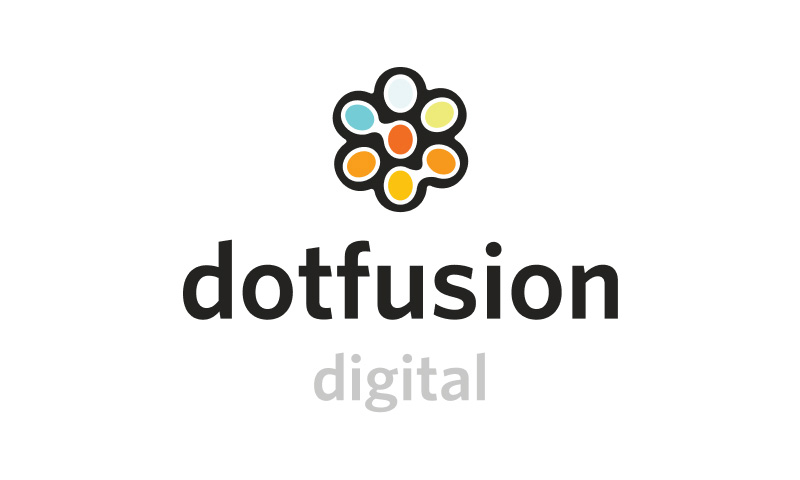

Dotfusion Technology, Inc.

Ontario, Canada
May 2021
Computer programming services
Service with Minor Environmental Footprint
Cambodia,
Canada
For the past 25 years we have been building beautiful digital things (Websites, Apps, IOT) on all kinds of platforms in an equitable environment, verdant with plants, musical instruments and a few bicycles. We typically juggle several digital projects at once, some for enterprise clients like Intuit Canada or Brookfield Properties and others for NGO's or our friend's salon down the hall. On any given day you find us fussing over pixel perfection or an enterprise platform integration. Exploring contemporary methods of leveraging JavaScript to present common content across viewports while debating the merits of fish tacos vs huraideu-chikin as the best option for team lunch, that's our scene. We are a growing team of curious design and code professionals who strive for perfection in our deliverables and thoughtfulness and joy in our way. We love the idea of harnessing profits to create goodness.
Overall B Impact Score
Governance 17.2
Governance evaluates a company's overall mission, engagement around its social/environmental impact, ethics, and transparency. This section also evaluates the ability of a company to protect their mission and formally consider stakeholders in decision making through their corporate structure (e.g. benefit corporation) or corporate governing documents.
What is this? A company with an Impact Business Model is intentionally designed to create a specific positive outcome for one of its stakeholders - such as workers, community, environment, or customers.
Workers 32.7
Workers evaluates a company’s contributions to its employees’ financial security, health & safety, wellness, career development, and engagement & satisfaction. In addition, this section recognizes business models designed to benefit workers, such as companies that are at least 40% owned by non-executive employees and those that have workforce development programs to support individuals with barriers to employment.
Community 23.8
Community evaluates a company’s engagement with and impact on the communities in which it operates, hires from, and sources from. Topics include diversity, equity & inclusion, economic impact, civic engagement, charitable giving, and supply chain management. In addition, this section recognizes business models that are designed to address specific community-oriented problems, such as poverty alleviation through fair trade sourcing or distribution via microenterprises, producer cooperative models, locally focused economic development, and formal charitable giving commitments.
Environment 11.0
Environment evaluates a company’s overall environmental management practices as well as its impact on the air, climate, water, land, and biodiversity. This includes the direct impact of a company’s operations and, when applicable its supply chain and distribution channels. This section also recognizes companies with environmentally innovative production processes and those that sell products or services that have a positive environmental impact. Some examples might include products and services that create renewable energy, reduce consumption or waste, conserve land or wildlife, provide less toxic alternatives to the market, or educate people about environmental problems.
Customers 4.5
Customers evaluates a company’s stewardship of its customers through the quality of its products and services, ethical marketing, data privacy and security, and feedback channels. In addition, this section recognizes products or services that are designed to address a particular social problem for or through its customers, such as health or educational products, arts & media products, serving underserved customers/clients, and services that improve the social impact of other businesses or organizations.